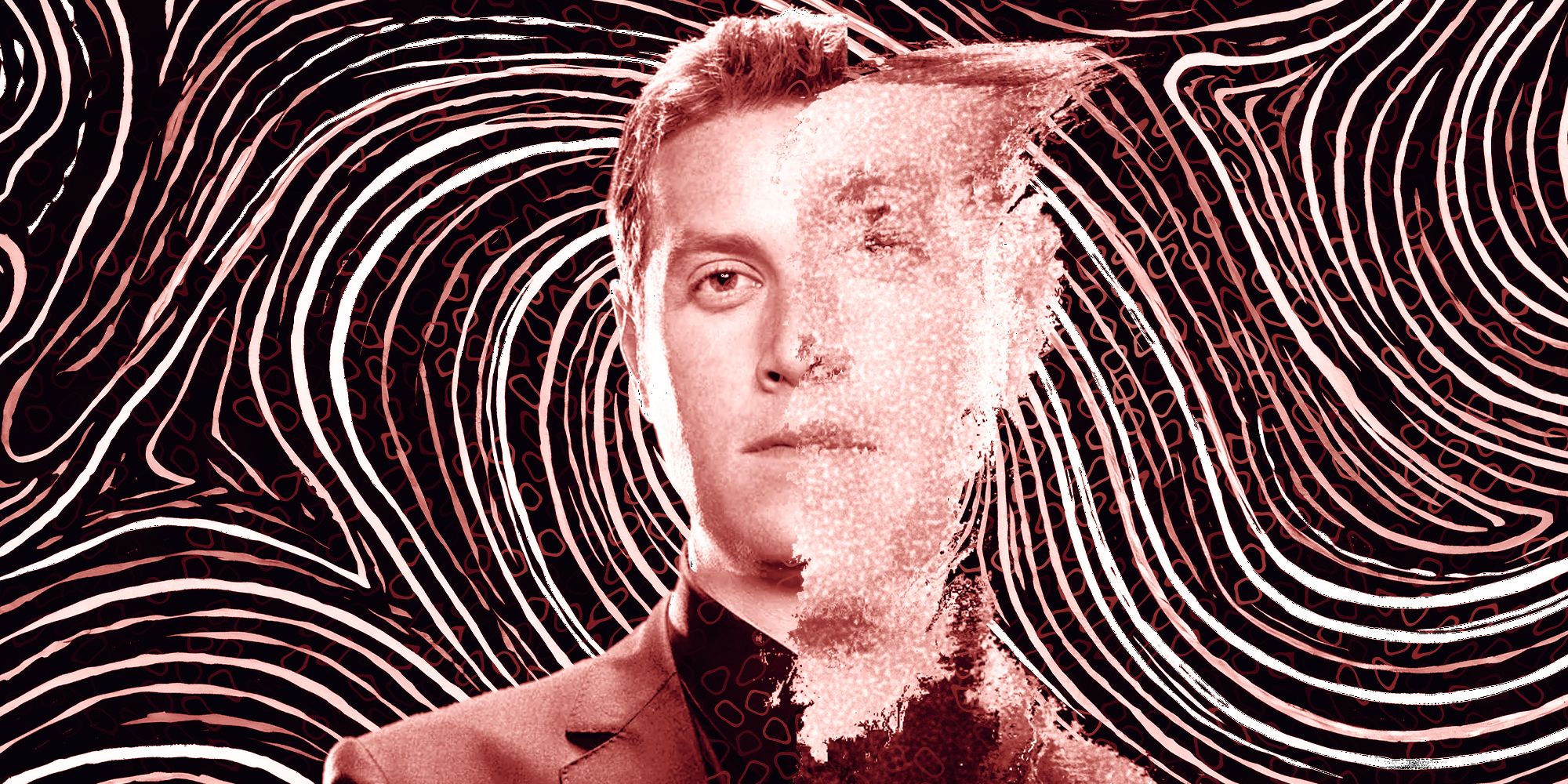Last Tuesday saw Geoff Keighley tweet a short, unimpressive, AI-generated video of a woman turning her head that gaming's most famous pitchman seemed extremely impressed by.
“Midjourney to @runwayml Gen 2,” The Game Awards’ host wrote, tagging the company behind the tech, Runway, “image to video is pretty insane to play with.”
It prompted a swift backlash from game developers and games media, and Keighley deleted the tweet soon after. It’s good that Keighley deleted it, it’s bad that he shared it in the first place, and neither of those things are the bigger issue I want to address. Keighley, who started The Game Awards in 2014, and was involved with Spike TV's Spike Video Game Awards before that, has made himself increasingly integral to the games industry at large and the hype cycle that keeps it going. He doesn’t just host The Game Awards, he runs it, too, organizing the show, reaching out to the developers whose games are featured on the show, and recruiting the presenters who introduce clips and hand out awards.
The Game Awards is one thing, but Keighley has claimed an ever increasing share of the calendar. Before the death of E3, Keighley hosted the E3 Coliseum, beginning in 2017. Then in 2019 he started Gamescom’s Opening Night Live, a one-night E3-like event where he rolls out a few hours worth of reveals of upcoming games. More notably, Keighley started Summer Game Fest in 2020, and the event has grown exponentially in the years since. At first, it was an entirely virtual alternative to E3 in the face of the pandemic. But E3 has continued to wane and SGF has continued to wax. E3 got canceled this year, last year, and the year before, and has canceled its rentals of the Los Angeles Convention Center for 2024 and 2025. That vacuum has given Summer Game Fest room to fill, and Keighley has been more than happy to commandeer the time that has long been gaming’s biggest month.
Look, is it nice to have information on when games are coming out? Sure. Is it nice for that information to be delivered reliably a few times throughout the year? Again, sure. But are there inherent dangers in letting one guy be the face of the industry at all of its biggest, collective events? Resoundingly, yes.
That’s always been true. Keighley is a celebrative voice for the industry, not a critical one. He depends on big corporations feeding him his biggest reveals and that disincentivizes biting their hands. In 2021, as a wave of sexual harassment and racial discrimination allegations washed over Activision Blizzard, Keighley announced that the company would have no role at The Game Awards beyond its nominations. The ceremony opened with a vague condemnation of bad behavior in the industry that conveniently neglected to mention Activision Blizzard by name. Turns out, Keighley took his cues on how to handle the scandal from Activision, making a “joint decision” with the company on how best to ride it out. And, sure enough, when Summer Game Fest rolled around the next year, Activision Blizzard was a partner for the show.
Keighley has made a career of being a friendly face that corporations can trust, which has, to be fair, allowed him the inside access at places like Valve that made his Final Hours series — a treasure trove of behind-the-scenes information on games like Half-Life, Half-Life 2, Portal 2, and Half-Life: Alyx — possible. But the downside of that access is a complete deference to the corporations that he relies on for his work.
So, when the industry faces the kind of crossroads that generative AI brings it to, it’s bad news if Keighley enthusiastically hops on the bandwagon that will put workers out of a job. We've already seen games that have used AI-generated assets and, barring regulation, lawsuits, and/or severe and widespread consumer backlash, we'll see more.
It's bad news for artists, level designers, musicians, voice actors, and basically everyone else who makes games. Everyone, that is, except for the suits that get to save a little money by avoiding paying a real person for their work. Keighley may have realized he was taking a side when he tweeted that AI-generated image. Maybe he didn't. The real problem is that one dude's opinion matters this much. But, as long as Keighley is the face of three major industry showcases, it very much does.


